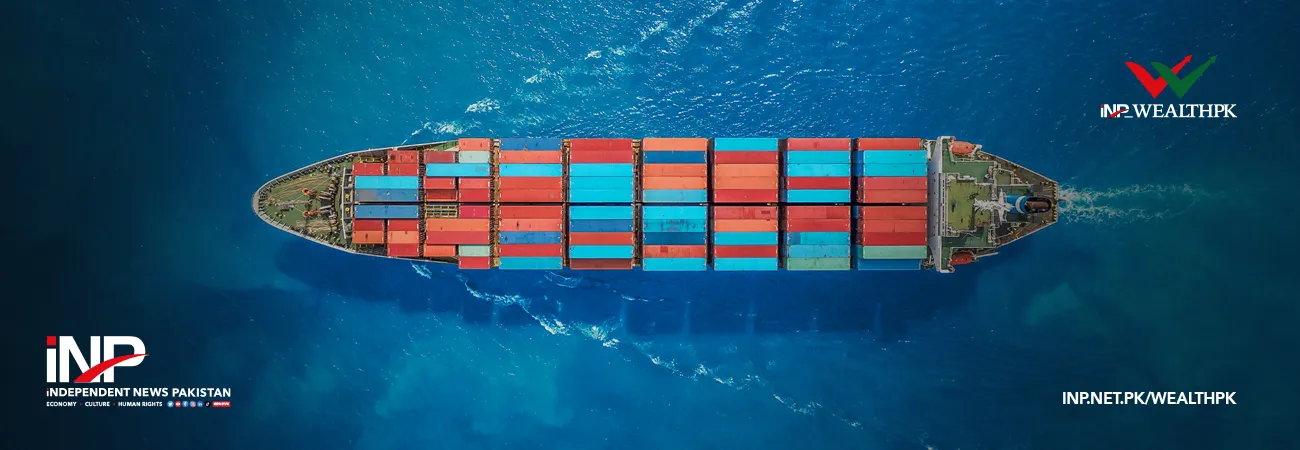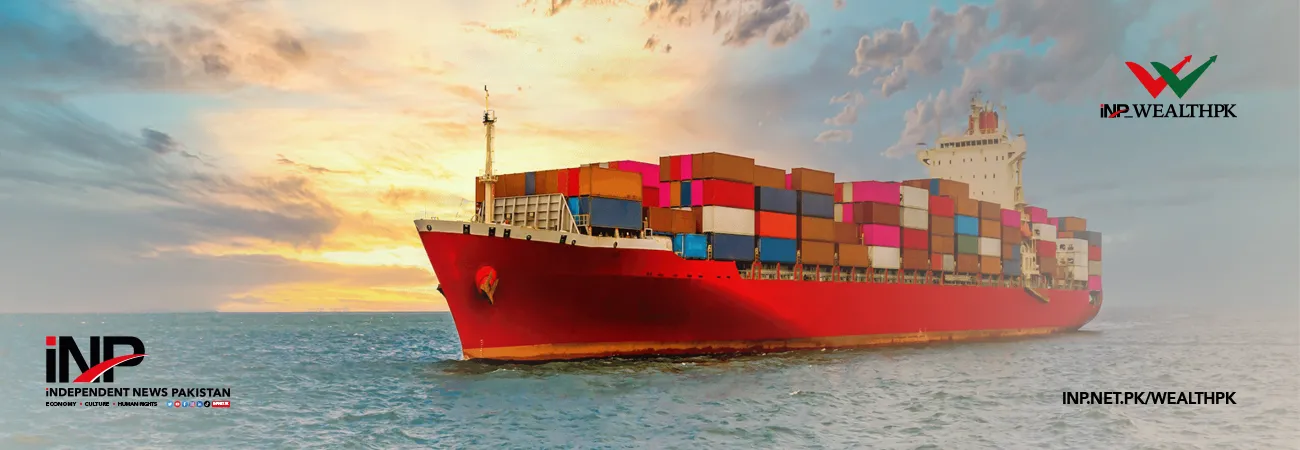INP-WealthPk
Ahmed Khan Malik
Pakistan National Shipping Corporation (PNSC) will embark on a major procurement plan during the current fiscal year to strengthen its fleet in order to capitalise on the burgeoning shipping activities in the coming days. Under the procurement plan for the current fiscal year, the PNCS intends to procure two second-hand oil tankers, a bulk carrier and chemical tanker to add in its fleet, which has turned old during the recent years. The shipping sector in Pakistan is underutilised, as the vast majority of national trade is carried out by foreign shipping lines. Domestic entities such as PNSC offer an attractive value proposition by accepting Pakistani rupee as payment instead of US dollar and offering attractive credit terms.
Pakistan’s shipping sector can stand to benefit from these developments, ushering in sustainable growth and creating a strong local demand while also generating employment opportunities. According to annual report of PNSC for 2022, PNSC, with a total DWT (deadweight tonnage) capacity of 1.045 million metric tons, lifted cargo of about 11.971 million tons in 2022 (FY 2021: 11.09 million tons), which is equivalent to about 11.21% of the country’s total 106.820 million tons seaborne trade by volume. The PNSC fleet, which shrunk over the years to 12 vessels operating in dry and liquid bulk cargo, has been facing difficulties in operating to its maximum capacity in the seaborne trade. On the other hand, trade restrictions in various countries have been severely denting its operational capability.
The PNSC vessels have lesser deadweight capacity in comparison to Baltic Standard Supermax, Handy max, Ultra max and Kamsar max, which represent the global standards for certain deadweight for a specific vessel. The dry global deadweight capacity for the Supramax vessel is 58,328 tonnes, whereas the vessels in the PNSC fleet can only carry 52,951 tonnes. Handy max standard stands at 38,000 tonnes, whereas PNSC has 28,000 tonnes, which deprives the national flag carrier of the opportunities available in the shipping industry. The procurement plan of PNSC would address these concerns, which would give a big boost to the national carrier to enhance its share in the seaborne trade. The annual report of PNSC says that in the era of globalisation and internet, every shipping practitioner should be fully aware of the developments.
An accurate forecast of the future always helps in taking the right decision at the right time, and marketing strategy and optimising chartering policies eliminate litigation risks. The PNSC, because of its best practices and better management system, has maintained its credit rating. The annual review of the PNSC credit worthiness conducted by Pakistan Credit Rating Agency (PACRA) showed maintenance of the credit rating at ‘AA’ for the long term and ‘A1+’ for the short term. The ratings reflect PNSC’s strong ownership majority by the Government of Pakistan (89.13%) and its strategic significance. The PNSC’s business profile has gained significant strength in recent years on account of efficient fleet utilisation and cost reduction measures taken by the management.
Credit: INP-WealthPk













